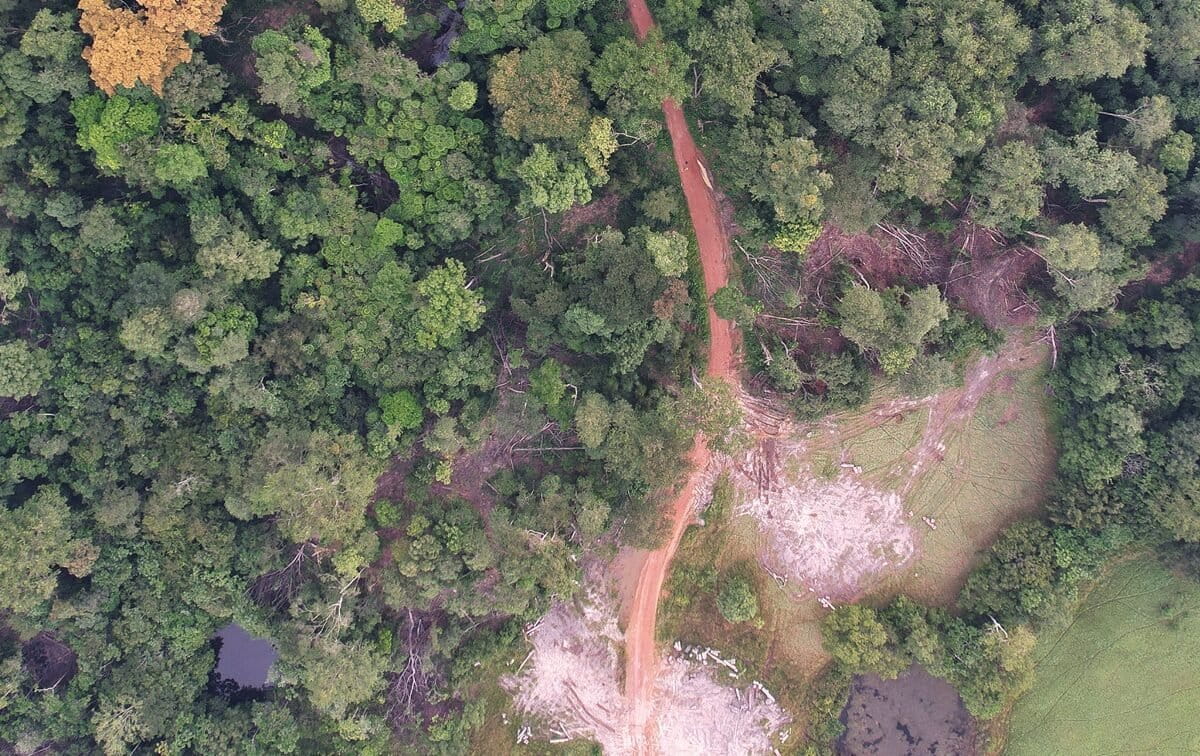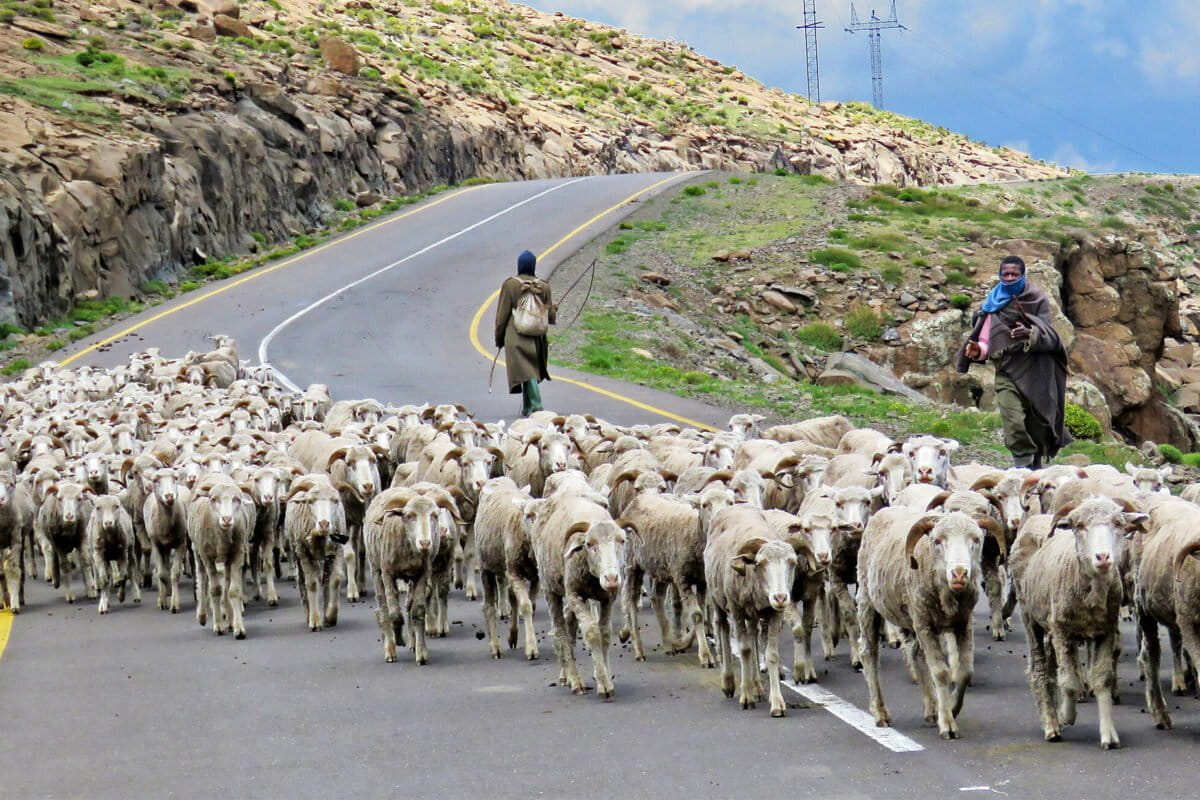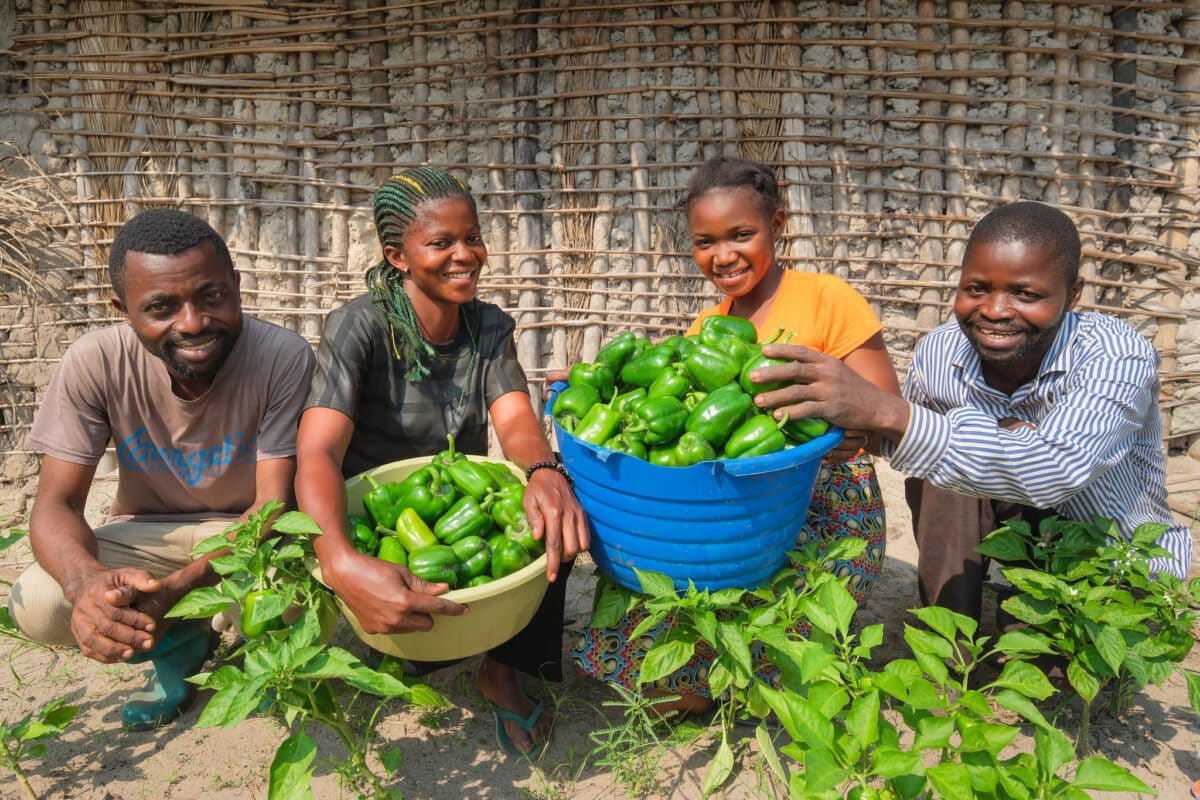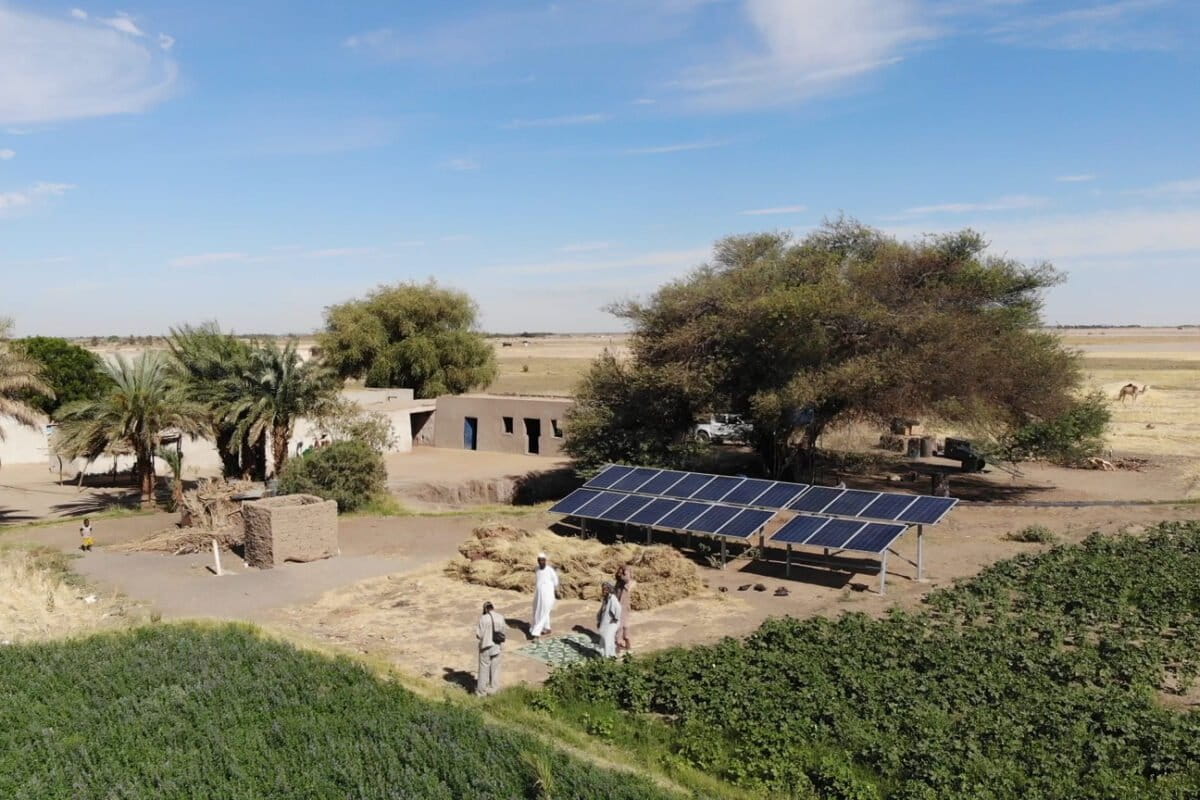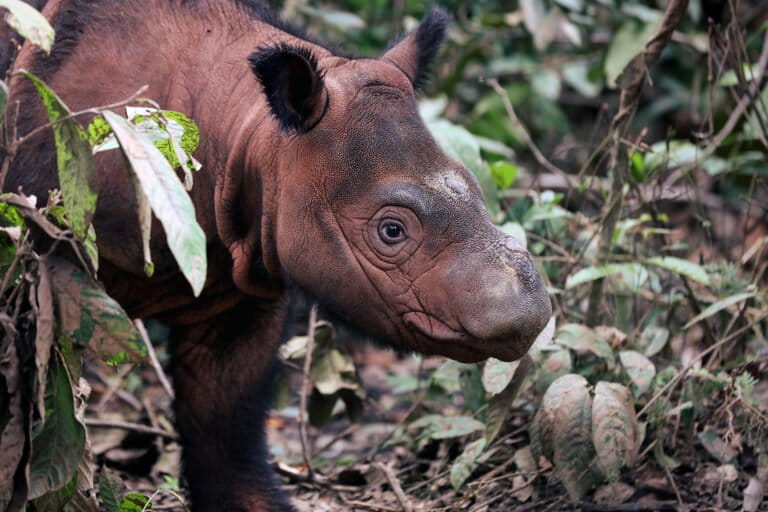- Brazilian president-elect Luiz Inácio Lula da Silva will have to supercharge many of the same policies that he employed in his first two terms to bring Amazon destruction rates down from their record highs, a new report says.
- The report, by a group of development, security and conservation think tanks, lists 92 proposals for Lula when he takes office at the start of 2023, centered around ending the culture of criminal impunity that flourished under the outgoing president, Jair Bolsonaro.
- Experts say the absence of law enforcement in the Amazon has strengthened a criminal ecosystem that profits from land grabbing, illegal logging, mining, and wildlife and drug trafficking.
- The Bolsonaro administration has encouraged this in large part by weakening environmental enforcement agencies and putting loyalists in their top posts.
When Luiz Inácio Lula da Silva takes office at the start of 2023 as president of Brazil, his third term in the post, he faces the difficult task of making good on his promises to restore environmental protection and root out criminal elements from the Amazon. A new report, titled “Govern to not surrender,” offers a road map for how this can be achieved.
Launched in September by the Igarapé Institute, a development think tank, in partnership with the Brazilian Forum for Public Security (FBSP) and the Sovereignty and Climate Center, the report gives an overview of the security problems in the Brazilian Amazon and lists steps to reverse trends like forest fires, land grabbing, illegal mining, and deforestation.
The report calls for the empowerment of Brazil’s environmental agencies and security forces, including fiscal and financial control institutions, to dismantle criminal networks. Under the outgoing president, Jair Bolsonaro, institutions like IBAMA, the environmental protection agency, and Funai, the Indigenous affairs agency, were weakened structurally and their work effectively siloed.
The report’s main proposal is to create a new management structure for the Amazon based on collaboration, with more information exchange between environmental inspection, public security, criminal justice, and defense agencies. It also calls for harsher punishments for environmental violations, as a way to attack a long-standing culture of impunity when it comes to environmental laws. Igarapé and its associates also say more areas should be protected to fight land grabbing. In total, the report presents 92 proposals.
Ilona Szabó, co-founder and president of Igarapé, says the enforcement agencies responsible for the Amazon have been purposely weakened under Bolsonaro because of the administration’s outdated concept of development, which places less value on standing forest than on the cleared land. The result is a climate that’s fertile territory for criminal activity, Szabó said.
“The challenges linked to insecurity in the Amazon are multidimensional and institutional capacities are very weakened,” she told Mongabay in an email. “This situation needs to change urgently.”
The Brazilian Amazon encompasses nine states, making it a vast territory that requires the efforts of various agencies working in different domains to uphold the rule of law.
“Today, many economic activities in the Amazon are permeated with illicitness, a problem that needs to be addressed,” Szabó said.
Clarissa Gandour, head of conservation policy evaluation at the Climate Policy Initiative (CPI), said empowering environmental agencies is essential to take on the criminal networks strategically.
“We don’t even have the right dimension of the capillarity of this ecosystem today,” she told Mongabay by phone. “We must mobilize all the actors that can collaborate, involving police and armed forces too.”
Marcelo Furtado, co-founder of the Sovereignty and Climate Center, a think tank established earlier this year to connect military, police and diplomatic structures with the environmentalist community, said criminal activity in the Amazon affects Brazil’s international diplomacy.
“Brazil’s relationship with the world goes through Amazonia,” Furtado told Mongabay by phone. “And we can’t think about advances without addressing the issue of security and the threat to sovereignty. Illegality is established by the absence of the state in the region.”
One of the priorities pointed out in the report is to roll back all the Bolsonaro-era policies that limited environmental enforcement and freed violators from accountability. The report calls for more resources (human, technological and financial) from the Federal Police, Funai, and environmental agencies such as IBAMA and ICMBio, which manages federally protected areas. The report also says these offices should be run by people with technical knowledge of the relevant issues, in a reversal of Bolsonaro putting his loyalists in key posts in those agencies.
“Today, people without technical capacity occupy leadership positions to subvert the mandate of the institutions,” Szabó said.

New management structure
Under Bolsonaro, the situation in the Brazilian Amazon has become dire. 2021 saw the highest annual deforestation rate in 15 years recorded. The clearing of forests for low-productivity pasture and cropland is the key driver of Brazil’s greenhouse gas emissions increase: eight of the 10 municipalities with the highest emissions are located in the Amazon.
The destruction of the Amazon rainforest is also associated with a criminal ecosystem that goes far beyond the expansion of land for crops and livestock. Criminal groups run land grabbing, illegal logging, illegal mining, and wildlife trafficking operations. Federal Police investigations have already indicated that many of these groups are linked to drug trafficking, an increasingly entrenched activity in the forest: 40% of the global cocaine supply cocaine passes through the Amazon, according to the Brazilian Forum for Public Security.
This climate of unlawfulness has unleashed a storm of violence on the Amazon population. Thirteen of Brazil’s 30 most violent cities lie in the Amazonian region, where 90% of environmental activists’ deaths occurred last year. In 2022, the murders of Brazilian Indigenous defender Bruno Pereira and British journalist Dom Phillips made it even more evident that efforts to preserve the Amazon are necessarily also a security issue.
To address this, the report recommends digitizing data in police stations, strengthening police forces, combating prison gangs, and creating violence prevention programs.
Daniela Gomes Pinto, coordinator of the local development program at the Getulio Vargas Foundation (FGV), a higher education institution and think tank, said she supports the set of proposals against violence because the criminal ecosystem hinders the creation of sustainable economic alternatives.
“It is important to advance security policies on the Amazon,” Pinto told Mongabay by phone. “Attack illegality to have some breathing space and think of economic alternatives that are different from the consecrated model.”
Gandour, from the Climate Policy Initiative, said authorities need to guarantee the conditions for the sustainable development of the Amazon, which includes regaining control over the region.
“An agenda focused on sovereignty is a good start, but now it will be necessary to technically detail how each of these proposals can be implemented in practice,” she said.
The Bolsonaro administration hasn’t proposed any specific plan to control crime in the Amazonian region but handed the job over to the Amazon Council, coordinated by Vice President Hamilton Mourão, a retired military general.

Historically, the Brazilian military has made the sovereignty of the Amazon one of its main missions. The Igarapé-led report, “Govern to not surrender,” is a take on the motto “Integrate to not surrender,” used by the military dictatorship that ruled Brazil from 1964 to 1985. The military believed that the occupation of the forest was the best way to protect it against foreign enemies, and encouraged the colonization of the Amazon by opening roads through the middle of the forest, bringing in thousands of Brazilians from other regions.
That doctrine is still alive in the military today, which helps explain why the council led by Mourão failed to reduce deforestation, as the ex-general himself has already admitted.
Mongabay contacted the office of the vice president for comment and requested data about the activities of the Amazon Council, but didn’t receive a reply as of the publication of this story.
“The Amazon Council couldn’t work because the context of Bolsonaro’s government was in another direction, with protection agencies like IBAMA [having their] hands tied, without a cooperation strategy,” Gandour said.
She added enforcement against violators is essential, so the cost of deforesting — in the form of fines, lawsuits, and destruction of equipment — would have a deterrent effect.
But “in the Bolsonaro government, the cost went to zero. There were signs that crimes were authorized, a great tolerance for illegality,” she said.
So while the military has been fixated on non-existent foreign invaders, Brazil’s sovereignty has been threatened by domestic criminals, the report points out. It proposes a course correction based on sovereignty, with measures of lasting effect.
“The biggest threat to Brazilian sovereignty happens on national territory, caused by actors on national territory,” said Furtado from the Sovereignty and Climate Center. “We are not just saying this for the maintenance of the biome, but for the presence of the Brazilian government in the Amazon, where millions of Brazilians live.”
Furtado said the sparse actions of the Amazon Council against criminal organizations have proven ineffective.
“We need constancy, with the integration of forces and combination of strategies. Without more structuring actions, including the generation of employment and income, and improvements in education and health, we will not have good results,” he said.
Pinto, from the Getulio Vargas Foundation, expressed support for the Igarapé-led proposal of implementing policies for the Amazon through a plan that integrates different federal government agencies in partnership with states and municipalities. “The federal government needs to show that it is working for change,” she said.

Lula’s promises
During his presidential campaign, Lula defended a zero-deforestation policy for the Amazon. While seen as a bold promise, Lula has the track record to back up such a move. Since 2005, during Lula’s first term as president, the deforestation rate in the Amazon dropped to its lowest level since 1985, the year the state began keeping records.
That reduction resulted from concrete actions by the Lula administration, primarily through the Action Plan for the Prevention and Control of Deforestation in the Legal Amazon (PPCDAm). The strategy involved creating protected areas, ratifying Indigenous lands, developing a satellite monitoring system, and implementing control measures to curb criminal activity. That’s the same series of actions now being proposed by the Igarapé Institute and its partners.
The report lists specific measures to reduce deforestation, such as allocating public forests to combat illegal logging, expanding Funai’s power to protect Indigenous lands, and changes to environmental licensing policy. Some proposals, however, depend on more than just Lula, because they need to be discussed and approved in Congress.
Resuming this effort post-Bolsonaro is especially urgent because of the commitments Brazil has made on tackling climate change. During the COP26 climate summit in Glasgow last year, the country promised zero illegal deforestation by 2028 and reduced greenhouse gas emissions by 2030. But the numbers recorded under Bolsonaro have pushed the country even further away from its goals.
Gandour called for a new development model for the Amazon, one based not on occupying new forest areas. She said Brazil still has a significant and increasingly valuable stock of standing forest. She also noted that already degraded areas can be used more efficiently and that the Amazon’s young population can generate wealth.
“We still don’t know the path to sustainable development, but it is fundamental to think about the social part, the training of young people, job and income generation,” Gandour told Mongabay by phone.
She said it’s not feasible to look at the Amazon only from the perspective of fighting deforestation, given that forest destruction is associated with socioeconomic challenges that require realistic solutions.
“The Amazon is giant and very diverse. We have a romantic vision of an untouchable forest, but we are talking about millions of Brazilians who face serious problems,” she said.
Pinto said the international community has a vital role to play in fostering the debate around the Amazon within the context of climate change. But she added that the climate agenda cannot exclude issues related to inequality.
“If we don’t address social issues,” she said, “we won’t achieve the climate goals.”

FEEDBACK: Use this form to send a message to the author of this post. If you want to post a public comment, you can do that at the bottom of the page.
Related reading:
Organized crime drives violence and deforestation in the Amazon, study shows



